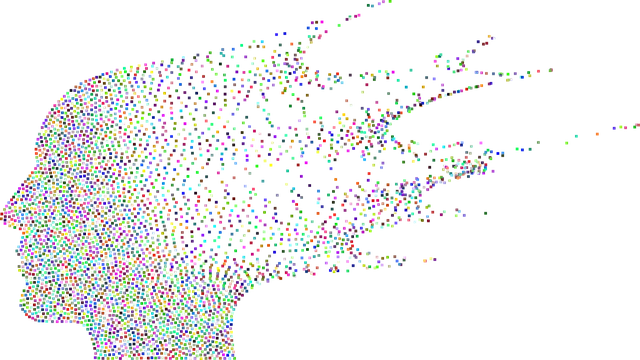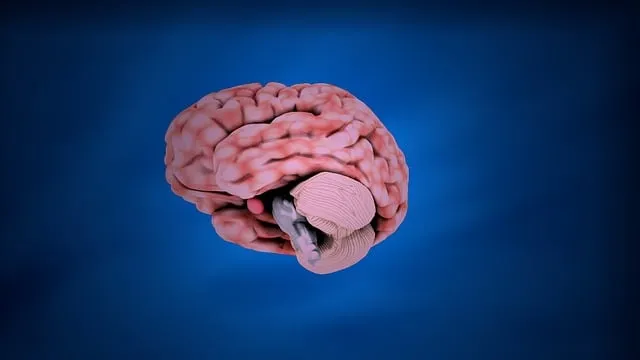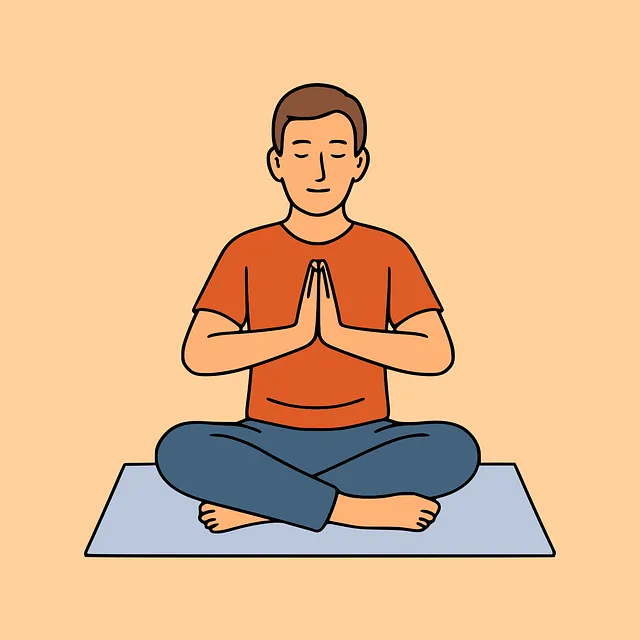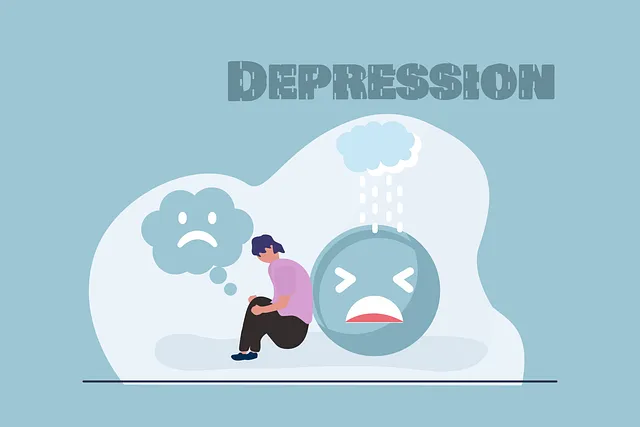Resilience, as promoted by Golden Kaiser Permanente mental health locations, is crucial for well-being. The RFM framework (Recovery, Flexibility, Mastery) equips individuals with tools to manage emotions and stress through Mind Over Matter principles. This approach, supported by programs at their mental health hubs, includes exercises like mindfulness, deep breathing, and compassion cultivation for emotional regulation. By integrating these practices into daily life, individuals can build resilience, navigate challenges, and improve overall mental health, as highlighted by Kaiser Permanente's Crisis Intervention Guidance.
“Resilience is a powerful tool in navigating life’s challenges, and RFM (Resilience, Flexibility, and Mastery) exercises have emerged as an effective way to build this strength. This article explores how RFM can enhance mental well-being, drawing from the supportive environment of the Golden Kaiser Permanente mental health locations—a hub for those seeking guidance. We’ll uncover practical strategies, offering a comprehensive guide to integrating RFM into daily life and providing valuable insights for anyone aiming to strengthen their resilience.”
- Understanding RFM and its Role in Resilience Building
- The Golden Kaiser Permanente Mental Health Locations: A Hub for Support
- Effective Exercises to Enhance Resilience and Coping Mechanisms
- Integrating RFM into Daily Life: Practical Tips and Strategies
Understanding RFM and its Role in Resilience Building

Resilience is a critical component of mental well-being, enabling individuals to bounce back from adversity and navigate life’s challenges with adaptability and strength. This is where RFM (Recovery, Flexibility, and Mastery) steps in as a powerful framework. Inspired by the principles of Kaiser Permanente mental health locations, RFM focuses on empowering individuals to take control of their mental health and cultivate resilience through specific exercises.
By integrating Mind Over Matter principles, these exercises target mood management and emotional regulation. Recovery involves recognizing and processing difficult emotions, while Flexibility equips individuals with coping strategies to adapt to stressful situations. Mastery encourages taking charge of one’s thoughts and behaviors, fostering a sense of control and empowerment. This holistic approach, often emphasized in Golden Kaiser Permanente mental health locations, prepares individuals to face life’s hurdles head-on, promoting not just survival but thriving in the face of adversity.
The Golden Kaiser Permanente Mental Health Locations: A Hub for Support

The Golden Kaiser Permanente mental health locations stand as a beacon of support and resilience within the community. These dedicated spaces offer a range of services designed to strengthen individuals’ mental well-being, catering to diverse needs from stress management workshops to initiatives focused on self-esteem improvement and burnout prevention. The organization’s commitment to these vital programs is clear, providing a comprehensive approach to fostering resilience among its members.
Serving as a hub for the community, these locations facilitate a sense of belonging and empowerment. Through group sessions, individual counseling, and interactive activities, Kaiser Permanente empowers individuals to navigate life’s challenges with greater equanimity. By prioritizing mental health in this manner, they not only address immediate concerns but also cultivate long-lasting resilience, enabling folks to thrive in the face of adversity.
Effective Exercises to Enhance Resilience and Coping Mechanisms

Building resilience is a key component of maintaining good mental health, and various exercises can significantly enhance an individual’s coping mechanisms. One effective approach is practicing Compassion Cultivation Practices, which involve fostering empathy and kindness towards oneself and others. This ancient technique has gained prominence in modern mental health practices, particularly at renowned centers like Kaiser Permanente mental health locations. By cultivating compassion, individuals develop a deeper sense of self-acceptance and improve their emotional regulation skills.
Additionally, engaging in Emotional Regulation exercises allows people to understand and manage their emotions effectively. Techniques such as mindfulness meditation, deep breathing exercises, and cognitive reframing help individuals recognize and process difficult feelings constructively. These practices are widely recommended by mental health professionals and can be easily incorporated into daily routines, providing a powerful tool for navigating life’s challenges, especially in stressful environments like Golden Kaiser Permanente mental health locations.
Integrating RFM into Daily Life: Practical Tips and Strategies

Integrating RFM (Resilience, Flexibility, and Mastery) into your daily routine can significantly enhance your overall well-being, especially in stressful times. The Golden Kaiser Permanente mental health locations emphasize this approach as a proactive strategy for maintaining mental health. Start by cultivating resilience through small, consistent actions. This might include regular physical activity, mindfulness practices like meditation or deep breathing exercises, and setting achievable goals to build a sense of mastery over your life.
Practical tips include dedicating just 10-15 minutes daily to emotional intelligence exercises, such as reflecting on your emotions and their triggers. Developing empathy building strategies is another key area; try engaging in active listening during conversations, putting yourself in others’ shoes, and practicing kindness towards both others and yourself. The Crisis Intervention Guidance from Kaiser Permanente highlights the power of these practices in fostering resilience and improving overall mental health.
Resilience is a powerful tool for navigating life’s challenges, and integrating RFM into our daily routines, inspired by the support offered at the Golden Kaiser Permanente mental health locations, can significantly enhance our coping mechanisms. By understanding RFM and its role in building resilience, along with employing effective exercises discussed in this article, individuals can foster a more robust and adaptable mindset. Practical tips for integrating RFM into everyday life provide a roadmap for those eager to embrace a more resilient approach, empowering them to face life’s storms with greater equanimity.






